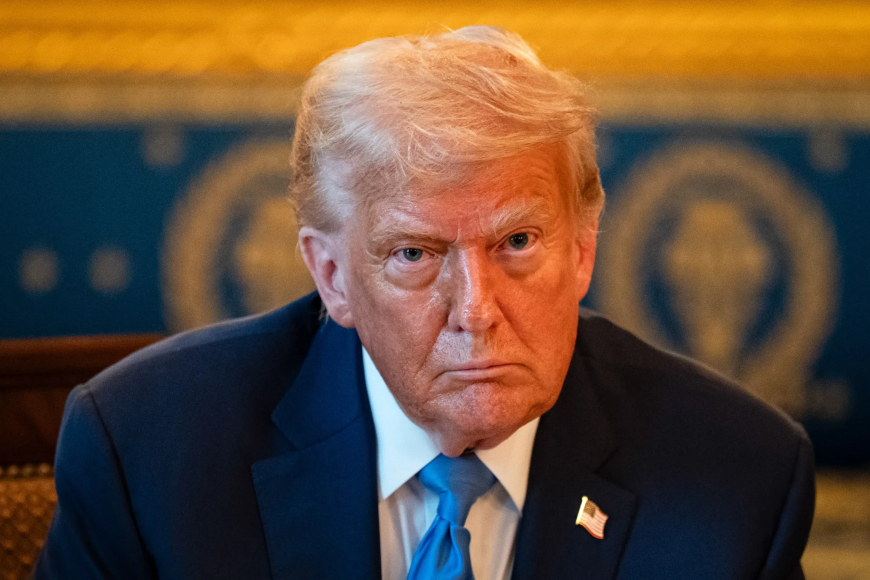Trump Threatens National Emergency to Federalize Washington, D.C., Amid ICE Dispute
President Donald Trump threatens to declare a national emergency and federalize Washington, D.C., after Mayor Muriel Bowser's refusal to cooperate with Immigration and Customs Enforcement (ICE).

In a significant escalation of tensions between federal and local authorities, President Donald Trump has threatened to declare a national emergency and federalize Washington, D.C., following Mayor Muriel Bowser's decision to withhold cooperation from U.S. Immigration and Customs Enforcement (ICE). This move marks a deepening rift over immigration enforcement policies and the autonomy of local governance.
Background
The dispute centers on Mayor Bowser's directive that the Metropolitan Police Department (MPD) will not share information with ICE regarding individuals suspected of being in the country illegally. This decision aligns with D.C.'s status as a sanctuary jurisdiction, which limits local law enforcement's involvement in federal immigration enforcement.
In response, President Trump has invoked Section 740 of the District of Columbia Home Rule Act, which allows the President to assume control of the MPD during emergencies. This provision has been used sparingly and never before to federalize the entire police force of the nation's capital.
Implications of Federalization
Federalizing the MPD would grant the Trump administration direct control over law enforcement in Washington, D.C., including the authority to deploy federal officers and resources as deemed necessary. This move could lead to increased federal presence in the city, potentially altering the balance of power between local and federal authorities.
Critics argue that such a federalization could undermine the principle of home rule, which grants D.C. residents a degree of self-governance. Supporters contend that federal intervention is necessary to ensure compliance with national immigration laws and maintain public safety.
Political Reactions
The threat to federalize Washington, D.C., has sparked a range of reactions from political leaders. Mayor Bowser has expressed her intention to continue the city's sanctuary policies, emphasizing the importance of local control over law enforcement decisions. She has not yet responded publicly to the President's latest threat.
Members of Congress have also weighed in, with some supporting the President's stance on immigration enforcement, while others criticize the potential overreach of federal authority. The situation remains fluid, with ongoing debates about the appropriate balance between federal and local powers.
Conclusion
President Trump's threat to declare a national emergency and federalize Washington, D.C., underscores the escalating conflict over immigration enforcement and local autonomy. As the situation develops, it will likely have significant implications for the governance of the nation's capital and the broader federal-local relationship.
What's Your Reaction?
 Like
0
Like
0
 Dislike
0
Dislike
0
 Love
0
Love
0
 Funny
0
Funny
0
 Angry
0
Angry
0
 Sad
0
Sad
0
 Wow
0
Wow
0




































